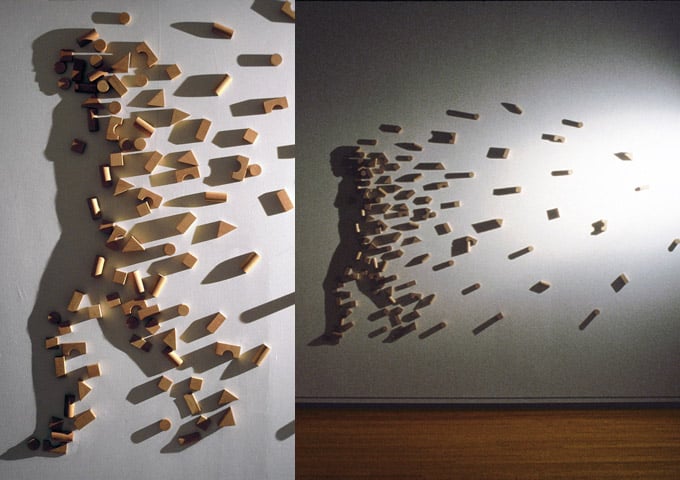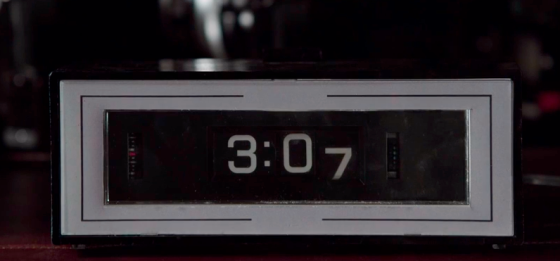THE BURIAL OF THE DEAD points out that "dead" perhaps should not newly be taking on that title.
Lives being lived carry something unnatural, even their shadows are evidence. In death we all become dust and the claim to "show fear in a handful of dust" is the residue of a zombified life; one not lived naturally. The degrees of unnatural life vary and hide, “And I will show you something different from either Your shadow at morning striding behind you Or your shadow at evening rising to meet you”.

These zombies reproduce, and the question as to what has become of Stetson’s corpse he has planted is a catalyst to the idea of The Wasteland. The hypocrite lecturer seems to be the reader, part of this Wasteland, though to what degree? The dog is man’s friend though he’ll dig a zombie out, naturally, unknowing of harm. To keep the dog away would be applying the vitality water brings to the poem, and lives of The Wasteland.
You, reading, gave the hyacinths the false everything, the nothing, and heart of light. You, reader, become responsible here, or else slip into the nonliving. The Wasteland is nurtured with water, and the death of Phlebas the Phoenician cleansed, as he is able to forget his troubles when passing on. Zombies are a product of The Wasteland completely here.


